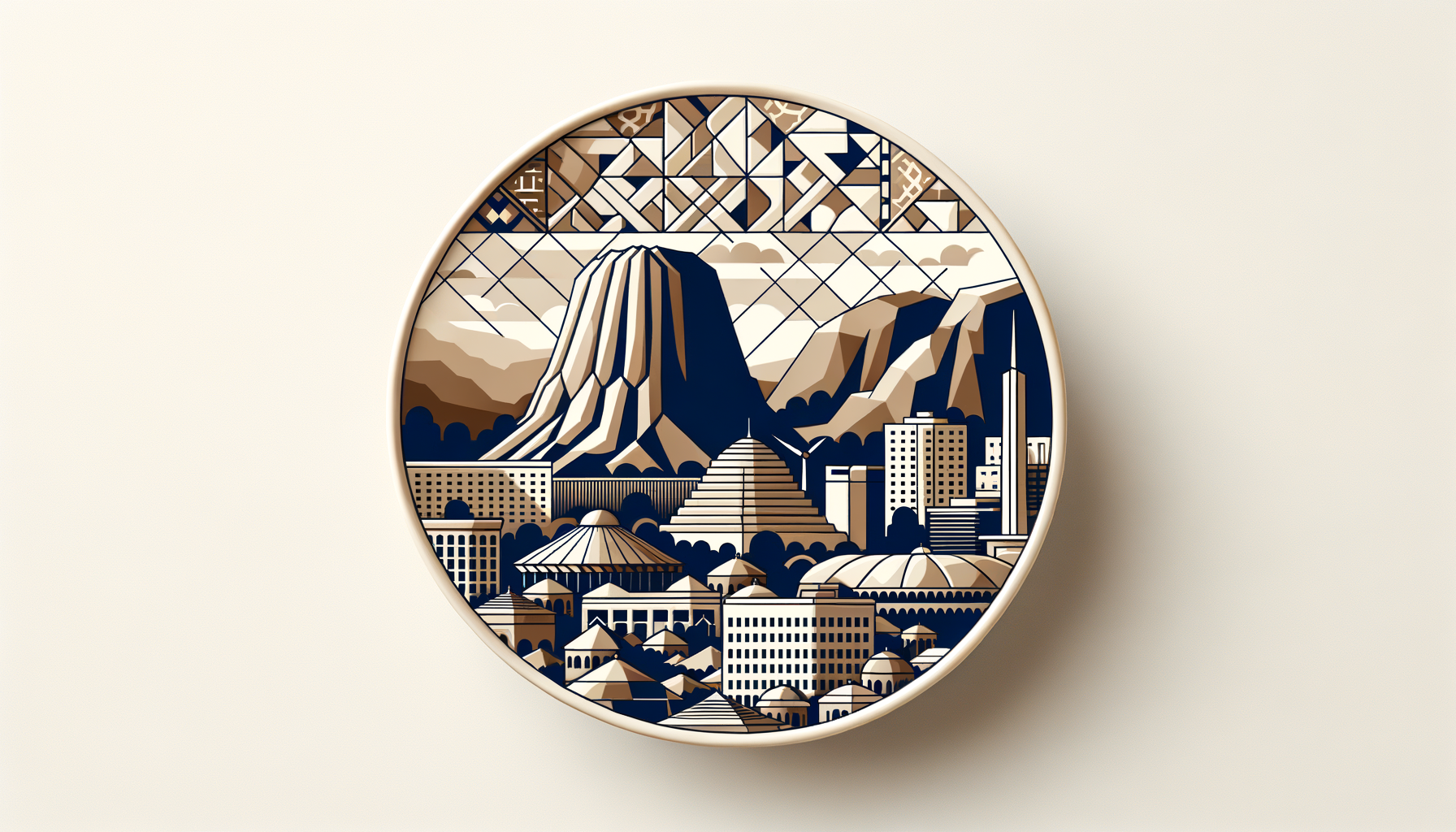They say you can’t truly know yourself until you revisit where you’ve come from. If that’s true, then my hometown, Abuja, must be a magician—pulling out all my contradictions with a flourish and a smirk. I think of Abuja the way some people think of their exes: too familiar, too complicated, and yet impossible to fully let go. It’s a mix of love, nostalgia, and moments of head-shaking, groan-worthy frustration.
Picture this: a sprawling city with palm trees lining its boulevards, fast-paced traffic that somehow always feels like controlled chaos, and long, hazy sunny days that could either lull you into a daydream or roast you under their intensity. Abuja boasts a quiet sort of beauty. It isn’t Lagos, with its fever-pitch traffic jams and relentless grind, but it isn’t a sleepy, tucked-away village either. It’s somewhere in between—caught in a limbo, much like me on most days when I think about it.
I return often—partly for work, partly for family, and partly because, deep down, I can’t stay away for too long. But every time I come back, I find myself locked in a love/hate tango. If you've ever had to reconcile a hometown that's both your steady rock and your Achilles' heel, then welcome. This piece is for you.
The Love: Warm Meals, Warmer People
Let me just say this upfront: the riskiest question you can ask me is “Jollof rice: Abuja or Lagos?” Because, without hesitation, it’s Abuja. No debates. Period. The seasoned aromas of smoky party jollof being served at my cousin's wedding, the soft crunch of puff-puff in roadside paper wraps (yes, hygiene gods, it builds immunity!), and the spicy suya we nibble over gist-filled nights on someone’s veranda—they are etched into my soul.
Food here isn’t just something you eat; it tells stories. Every spice, every plate is wrapped in the memory of shared laughter and decades-old recipes passed down with love. Abuja, for all its quirks, taught me to savor—not just food, but people. It’s very African to sit and talk endlessly while the sun sets, shifting conversations from trivial banter about Tiwa Savage’s latest look to deep reflections about why weddings are so expensive these days.
And the people? Abuja folk are, without question, raised with hospitality in their veins. Doors are always open—or, at least, ajar—whether for tipsy impromptu hangouts or for aunties to drop in and give unsolicited advice on why, at my age, my mother surely had two children in primary school.
The Hate: Everyone’s a Backseat Driver
But being home isn’t always weekend brunch at my favorite café with nostalgic high school friends. Sometimes, it feels like an unsolicited intervention.
“Ha-ri-et,” an aunt will begin, her voice stretching out my name like it’s a compound sentence. “So you just went overseas and forgot how to pound yam. Now it’s only microwave meals you know?” God forbid I remind her I spent my teenage years sweating in the kitchen while she supervised with the rigorousness of a headmistress.
Even in wider Abuja, you sometimes feel the cultural weight of expectations. The silent judgment when you order a salad in a room full of people enthusiastically feasting on egusi soup. The way a single woman in her 30s gets treated like a broken clock that somebody forgot to fix. It forces a reckoning with how tradition can both ground and stifle you, all at once.
The Nostalgia: Streets with Heartbeats
But oh, how the streets tug at my heart. I used to hate going to Wuse Market as a teenager—the bustle, the bargaining, the sweaty press of humanity. Yet, somehow, those same streets now trigger a rush of affection I can’t explain when I see them again. All it takes is a familiar fruit seller calling me “fine girl” in his sing-song voice. The chaos feels like a language I never forgot, despite the London quiet I’ve grown used to.
Ever find yourself walking old routes from childhood, only to realize how much has changed? It’s gut-wrenching and beautiful, like meeting an old flame years later. Some parts have faded (the quiet street near my childhood home is now dotted with massive gates and loud generators), while others remain stubbornly, comfortingly unchanged. Even when Abuja frustrates me—like when the power cuts out mid-work or my Uber driver needs me to teach him directions—it still feels like mine in a way that no other place does.
The Push and Pull of Home
If Abuja were a person, it would be that friend who texts you sporadically, always showing up with incredible vibes or stressing you out with guilt trips about how little you visit. But here’s what I’ve learned: it’s okay to let your feelings about home remain a little messy.
Growing up in Abuja shaped my lens on love and life. It’s where I learned to embrace community and where I tasted the sweetness of togetherness. But it’s also where my first heartbreak happened, where I spent sleepless nights worrying about grades and grappling with family’s sometimes crushing expectations. Abuja is everything good and bad, wrapped in the same wrapper of bright Ankara fabric.
If you struggle with the pull of home—a hometown that calls you back yet frustrates you—here’s what I’ve found helpful:
- Define boundaries. Every visit doesn’t have to come with a whirlwind of family obligations. It’s okay to slip away for a solo coffee or soak in memories at your own pace.
- Pick your battles wisely. Not every argument about who makes the best stew is worth the energy. Sometimes, just let Aunty Nkechi win, even when you know you're right.
- Embrace duality. Nostalgia and growth can coexist. You don’t have to abandon your love for tradition just because you’re living a modern life.
Coming Back, Moving Forward
Abuja has seen me at my worst—teenage tantrums, awkward adolescent idiocy, fresh-graduate confusion—and at my best, when I thought I had life figured out (spoiler: I didn’t). And like any great love story, my relationship with it is forgiving. It allows me to leave and return, over and over, as I figure life out.
So yes, I sometimes love you, sometimes loathe you, dear hometown. And that’s okay. Our connection is built on something deeper than momentary frustration. No matter where life takes me—from the starry nights of Dakar to London streets on rainy mornings—Abuja is home. For better or worse, for suya and for puff-puff. And despite the chaos, it’s still the rhythm I dance to.




















